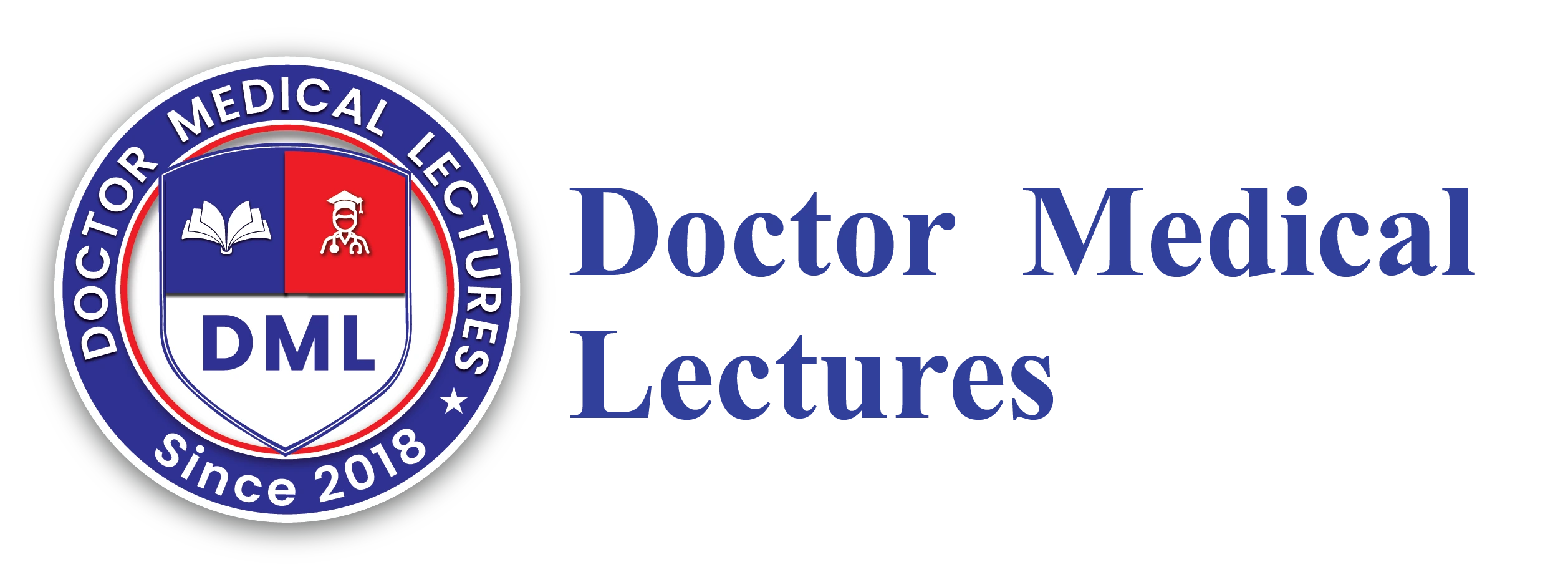Introduction
This National Registration Examination NRE Step 2 is essential for medical professionals who wish to work in nations requiring medical registration. When a candidate has completed NRE Step 1, which tests the theoretical foundations of fundamental medical sciences, The second step shifts the focus to clinical abilities and patient care.

This test will determine an individual’s capacity to apply these skills in real-world situations in medicine. This test is essential to ensure that doctors are competent in clinical settings and adhere to the requirements of hospitals worldwide.
Purpose and Significance of NRE Step 2
NRE Step 2 is designed to assess a candidate’s thinking, ability to perform procedural tasks, and communication skills. In contrast to Step 1, which is predominantly academic and built on fundamental sciences of medicine, the second step focuses on real-world practical applications. It evaluates an applicant’s ability to.
- Treat and diagnose medical conditions
- Effectively interact with patients
- Use medical procedures
- Make educated decisions under tension
The objective of Step 2 is to ensure that applicants have the necessary skills to deliver top-quality healthcare and efficiently contribute to teams of healthcare professionals, specifically in highly-stakes and high-speed settings.
Structure of NRE Step 2
NRE Step 2 typically consists of two primary parts: the written and hands-on exams. Both are intended to test different elements of the medical professional’s expertise.
1. Written Component
The portion written in NRE Step 2 usually comprises multiple choice questions (MCQs), situations that test clinical reasoning, and questions that test cognitive reasoning. It’s designed to test the ability of a candidate to apply their theoretical knowledge within a practical setting. The topics included in the writing section comprise but aren’t only:
- Internal Medicine: Diseases affecting different organ systems. Diagnostics and strategies for treatment.
- The Surgery Techniques, procedures preoperative and postoperative medical care, and surgical methods.
- Obstetrics and Gynecology: Pregnancy-related issues as well as labour, delivery and gynaecological issues.
- Pediatrics: Growth, development and the most common childhood illnesses.
- The psychiatric field: Mental health disorders Treatment methods and the communication between psychiatric patients and their families.
- Emergencies Medicine: Acute medical injuries, trauma-related care and life-saving procedures.
- Medical Ethics include the ethical obligations of doctors and their confidentiality, informed consent, and the right of autonomy for patients.

The written exam assesses the candidates’ theoretical understanding of their ability to analyze medical data and implement evidence-based medical treatment.
2. Practical Component (Clinical Skills Examination)
Practically speaking, it is the most significant component of NRE Step 2, as it tests candidates’ capacity to perform the clinical process and interact with patients in real-time. The practical portion of the exam typically involves the simulation of interactions with patients (also called OSCE or the Objective structured Clinical Exam). Candidates must prove their clinical competence in a variety of ways. The examination for practicals is broken down into several key areas:
- Clinical History Taken: Candidates must take an in-depth history of an actual patient and ask appropriate questions to collect pertinent medical data. They must discern between relevant and non-relevant specifics, have compassion, and effectively communicate skills.
- Physical Exam: A hands-on demonstration of performing physical exams, such as examining the body, palpating, and auscultating and percussing various organs to detect abnormalities.
- Diagnostic skills: Students must analyze clinical information like lab tests or imaging studies and identify a differentiating diagnosis. There may be a need to distinguish between diagnoses based on a patient’s symptoms.
- Communications with Patients A clear and effective communication strategy is fundamental to clinical practice. Candidates should demonstrate their ability to describe medical issues, procedures and treatments to patients in a manner that is easy to comprehend, calm and understanding.
- Patient Management As part of the exam, applicants must create treatment plans that include surgical procedures, medications, and follow-up treatment. The decision-making process should be based on evidence and conform to best medical practices.
In the end, the practice exam is not just about the skills and knowledge of a candidate but also their capacity to deal with the emotional and interpersonal demands in the care field for patients.
Skills Assessed in NRE Step 2
The NRE 2 examines a wide range of competencies, which may be classified into different kinds of categories.
1. Clinical Reasoning and Decision-Making
It is the most essential skill to be assessed in Stage 2. Candidates should demonstrate the capacity to think critically and make informed decisions when faced with clinical situations.
- Prioritizing tasks according to the urgency and intensity
- Recognizing the most important symptoms and indicators that may indicate an illness
- Consider different diagnoses and narrowing them down on further data from the clinic
- Treatment decisions should be based on the latest available evidence
The ability to think through clinical issues at a moment’s notice is crucial for the safety of patients and efficient care.
2. Technical and Procedural Skills
The test component is designed to assess the candidates against a range of techniques, such as:
- Monitoring pulse, blood pressure temperatures, temperature and respiration rate
- Injecting and administering other medicines
- Conducting suturing and wound treatment
- Implementing basic life-support (BLS) as well as Advanced life support (ALS) methods
3. Communication Skills
The ability to communicate effectively is crucial for the medical profession. In NRE Step 2, candidates are evaluated on:
- What is their communication style with their patients, making sure that information is conveyed to patients in a friendly and comprehensible way
- The ability of their patients to establish trust with patients could influence the treatment outcome.
- The communication between them and other health professionals, such as specialists, nurses and team members
4. Ethical Decision-Making
Medicine is, by nature, complex and poses several ethical issues. The second step tests candidates knowledge of ethics in medicine and includes the following:
- Informing patients about the possible risks and benefits of treatment and getting consent from patients
- Privacy: Protecting the patient’s information while respecting their privacy
- Professionalism: Acting in the best interest of patients while keeping an ethical standard
5. Emotional Resilience and Professionalism
On the exam, the candidates will be evaluated on their capacity to deal with Stress, specifically when faced with high-pressure clinical scenarios. Medical professionals must remain calm when dealing with challenging cases such as tragic news or demanding patient interactions. The candidates must be able to handle Stress and maintain professionalism while remaining impartial and ensuring that they can provide caring medical care.
Preparation for NRE Step 2
An adequate practice to take the NRE Step 2 requires both an understanding of the theory and experience in practice. Here are some tips to assist you in passing this problematic exam:
1. Clinical Practice
It’s essential to acquire the experience of a clinical rotation in an institution or clinic because this can directly enhance your skills in taking notes and exams of the patient, as well as diagnostic reasoning and the planning of treatment. Clinical rotations allow students to observe and learn under the supervision of skilled doctors.
2. Study Resources
Materials for studying 2nd step 2 provide a complete and comprehensive overview of a broad range of subjects. Some of the recommended sources include:
- Medical textbooks that concentrate on treatment, diagnosis, as well as patient management
- Videos and online classes are particularly beneficial in understanding the process of learning
- Case studies and medical journals that offer insight into the complexities of situations in the clinical field
3. Mock Exams and Practice Tests
Exams that are mock and practising using simulated patient scenarios are extremely helpful. Exams that simulate you will help you understand the exam layout and improve your time management abilities. Simulated patient interactions will help you build confidence and increase your clinical proficiency.
4. Study Groups and Peer Learning
Collaboration with your peers is an excellent way to build your understanding. Study groups let you debate complex cases, discuss studies, and work on your clinical skills with others. Collaboration with other members can give different perspectives regarding how you can approach your clinical issues.
5. Mentorship and Guidance
The advice of experts in the field, mentors, and faculty members is essential. They will be able to provide valuable guidance and insights based on their experiences in the field and help you develop your knowledge.
Challenges of NRE Step 2
Although NRE Step 2 is vital in a professional’s life, it has many challenges.
- The pressure of time: The situations in the actual exam might be limited in time, requiring quick thinking and a quick decision-making process.
- HandlingHandling uncertainty: A few clinical scenarios could be ambiguous or have unexpected changes that test the ability of a patient to change.
- Controlling Stress The exam is stressful, so maintaining a calm, professional attitude is essential to succeed.
Conclusion
Examinees must pass NRE. Stage 2 is a challenging but essential exam for doctors seeking to be part of the global medical field. Candidates can pass the exam by combining practical experience, clinical expertise, and a clear, effective manner of communicating. The preparation process requires a balance of study and research, clinical exposure and a strong personal. If you invest time and energy in preparing, students can take that next stage in their careers as physicians and assist in improving healthcare for patients worldwide.
Frequently Asked Question
Question 1: What is NRE Step 2?
NRE step 2 refers to the second component of the National Registration Examination, designed to test a physician’s skills within the clinical setting and their capability to utilize the information learned in medical school to real-life situations. The exam concentrates on certain aspects of medicine, including the diagnostics of treatments for patients communication and the ability to perform procedural tasks.
Question 2: Who are required to fill out NRE Step 2.
The NRE Step 2 is required for medical professionals who would like to become registered in countries which require an exam to be able to practice. This is typically done after passing NRE Step 1 which tests the understanding of theories within the medical field. Candidates must pass both exams in order to register.
Question 3: What is the format of NRE? Step 2.
- Written Test: It includes multiple-choice tests (MCQs) and scenarios of importance to the clinical field along with assessments of your ability to think critically. The exam includes a range of medical areas, such as surgeries or internal medicine as well as pediatrics. The exam also covers psychiatry, and several other fields.
- Exams in the Practical (Clinical Skills Examination) The exam consists of the demonstration of interaction with patients. Candidates demonstrate their competence when it comes to making notes of the history of patients and physical exam diagnosis in addition to the care of patients.
Question 4: What are the criteria for assessment by the NRE 2.
- Clinical Reasoning It’s the capability to diagnose and treat medical problems.
- Practical Skill Experience in the execution of surgery procedures and making use of Medical equipment.
- Communication with the Patient Effective communication with patients. Notes are taken as well as explaining the diagnosis. It also includes providing emotional support.
- Ethics-based Decision Making Knowledge of the ethical standards in the field of medicine, such as confidentiality of patient data and the right to be informed.
- emotional resilience Keeping professionalism and peace under tension.
Question 5: What do I need to do to prepare for the NRE Step 2.
- Clinical Practice: Gain hands-on experience through clinical rotations in addition to personal care for patients.
- Study Resources: Use textbooks, online classes, as for case studies in order to refresh your knowledge in the most crucial aspects.
- Exam Mock: Get familiar by using actual exam scenario, fake exam as well as patient scenarios, to become comfortable with the exam design.
- Study Groups Join study groups for sharing resources and developing methods with students.
- coaching: You should seek help and direction from experts on the subject or coaches to increase your capabilities as well as increase your understanding.
